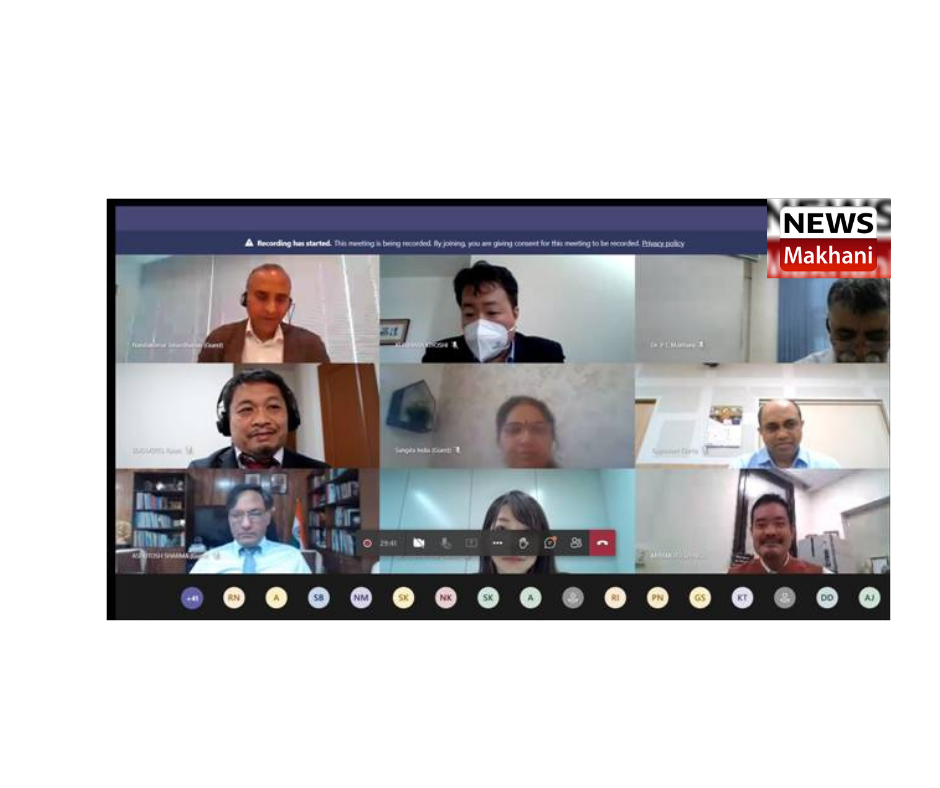Experts talk about the innovations trends adopted in decarbonisation
April 19th
“India and Japan are in a position to work together in the area of producing eco friendly hydrogen, for example from bio fuel with a possibility of the two countries cooperating in this area is huge,” he added. Prof. Ashutosh Sharma, Secretary, Department of Science and Technology (DST), GoI, stressed on India’s ambitious targets of achieving 450 GW power generation by 2030 from renewables. “This means that India has to look at energy storage options which are green, unlike batteries and Hydrogen certainly is a very good candidate, he said.
He told that DST, GoI has initiated several programmes to develop technologies to reduce the cost of hydrogen production, distribution, storage, diversify the feedstock available for hydrogen production, for example, biomass, agricultural waste and so on. DST has supported about 30 projects in last few years related to Hydrogen production, distribution, and storage at a cost of 5 Million US$, looking into new catalysts like producing hydrogen from water splitting. The webinar jointly held by the Embassy of India in Japan, Department of Science & Technology (DST), Government of India along with The Institute for Global Environmental Strategies (IGES), Japan, and The Energy and Resources Institute (TERI), India, on 19th April 2021 brought together several experts in the field from the two countries.
Mr OHIRA Eiji Director-General, Fuel Cell and Hydrogen Group, New Energy and Industrial Technology Development Organization (NEDO), Japan, presented his ideas on NEDO’s approach to realize a hydrogen Society and Green growth strategy through achieving carbon neutrality in 2050. “Hydrogen has a important role to play in major sectors in India. Given the scale of future demand, India should be proactive in manufacturing electrolysers to produce green hydrogen. A greater cross-sectoral coordination between the governments can help realize the economy benefits of hydrogen fuel. The key industries need to come together to catalyse decarbonisation allowing risk-sharing and minimizing the burden at the individual company level,” said Dr Vibha Dhawan, Director General, The Energy and Resources Institute (TERI).

 हिंदी
हिंदी






